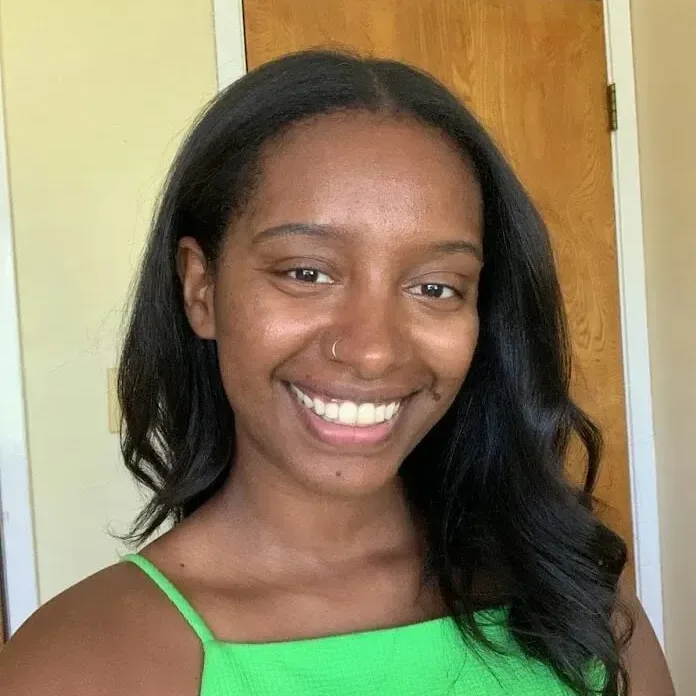Time is the most precious resource on Earth. It is non-renewable, uncontrollable, and equal for all living species. For those in a PhD program, time is even more valuable as most programs usually come with limited funding. Whether it’s a 3-year specialized PhD project or a 7-year master’s and PhD program, every PhD student feels the pressure of time. It’s no wonder that time anxiety is a significant mental challenge for PhD students.
Time anxiety refers to tension, worry, or stress about the passage of time and/or how it is spent. Time anxiety manifests itself in a variety of ways during the PhD program.
Time Anxiety in the Early Years
Before beginning your studies, you might be overwhelmed with how long the PhD will take. Investing 3-7 years of your life in a topic can seem daunting, especially if the topic has not yet developed. However, if you are sure the program is for you, any PhD student will tell you how quickly these years will pass!
During the first few years, time anxiety can mainly revolve around the fear of wasting time while finding your place. However, all doctoral students need time to adjust to the new demands of PhD programs. Therefore, the time spent doing courses, meeting professors, attending conferences, and brainstorming will be valuable as you develop your research project.
Time Anxiety During Project Implementation
Once you have an idea for your PhD project, anxiety about idea development can turn into time anxiety about implementation. You may feel like you need to start immediately and are losing valuable time.
Unfortunately, idea implementation is an iterative process. For example, when I was creating a survey for my project on internet memes, it took me three versions before I was able to collect the final dataset. With each version, I was learning what was working and what could be done more effectively. So even though creating iterative versions of the same idea can feel like a waste of time in the moment, the outcome of your efforts will be better in the long run by taking the time you need to fully develop your ideas.
Time anxiety can be exacerbated for students who do not have available support from a mentor. A good advisor helps students manage their time by checking in on their progress and helping them realize their goals. However, since good advisors can be hard to find, most students have to rely on an internal sense of time to judge their performance.
Since we are not reliable judges of our own progress and achievements, we have more anxiety about how we spend our time. If you struggle with time anxiety and don’t have an advisor you can lean on, talk to a trusted friend or colleague. They can remind you of all the progress you have made and relieve some of your tension around time.
Anxiety About Future Opportunities
Another version of time anxiety can be worrying about future opportunities. As a third-year PhD student in a four-year program, I struggle a lot with this manifestation of time anxiety. I am over the hump of the PhD program as I’m over the halfway line, but I feel like I am still waddling in the pool of my project. I feel if I keep continuing at my pace, I won’t pursue all of the opportunities that I’d like to pursue during the PhD.
Time anxiety about future opportunities could mean worrying about finding time for a visiting period, an internship, another project, a collaboration, or other possibilities. The unfortunate truth is that science and research take time. With all the usual setbacks and delays that occur during a PhD, other things can be pushed back further.
The first thing to recognize when it comes to time anxiety about the future is that you are not alone. Not only is it common for other PhD students, but it’s common for any sentient being with a sense of time. We must remember that we are humans in a PhD program, and our humanness will manifest itself in whatever situation we are in.
With this in mind, we can do our very best to manage the time we do have. This doesn’t need to include endless to-do lists and jam-packed calendars. Instead, it means learning to prioritize. The present must be taken care of to make room for future opportunities. The best motivation to keep moving forward is accomplishing a small goal today.
Beware of Perfectionism: It Eats Up Time
We must also learn when to stop. A famous saying among PhD students is, “A good thesis is a finished thesis”. We can apply this motto to other areas of our PhD as well. For example, instead of labouring over finding every opportunity for statistical analysis of your data, focus on one pertinent part, write up an article about these findings, and send it to a journal. If you are missing a critical piece, reviewers will advise you on how to proceed. This helps you use your time most effectively whilst keeping perfectionism at bay. While you must of course do more than the bare minimum, it’s important to keep in mind that the endless pursuit of perfection will eat up precious time.
Like it or not, time is woven into the fabric of our universe. So, it’s best to make peace with it than struggle—or fail—to control it. Healing our relationship with time starts by accepting the true nature of time and the PhD journey.
If time anxiety has impacted your PhD experience, acknowledge how it’s been manifesting for you. Expectation is often at the root of disappointment and time anxiety. Try to see the bigger picture and celebrate all the progress you have made with the time you have been given. If this is a difficult task, talk with your advisor or a trusted friend for an external perspective. Seeking a licensed therapist or mental health expert can also be beneficial in dealing with time anxiety and other PhD struggles.
Additionally, start looking for ways to change your time management. Learn how to get the most bang for your buck by prioritizing what needs to get done. Most importantly, learn to let go of unimportant tasks that don’t serve your ultimate goal.
Worrying about time won’t slow its passing. But with the right tools and mindset, even PhD students can learn to live in harmony with time.






